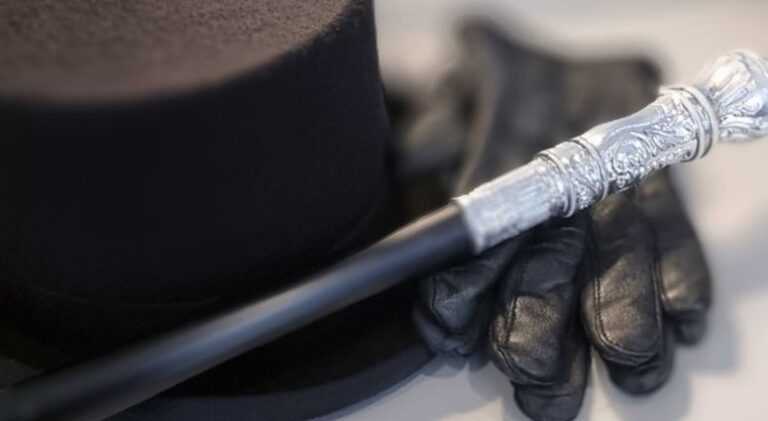Funeral Traditions in Scotland
Share Post
Author
Ellyn Lightbody
Exploring Funeral Traditions in Scotland: Why Do Funeral Directors Wear Top Hats and Carry Canes?
The funeral service industry is continuously evolving. In recent years, we’ve observed a growing trend towards eco-friendly funerals and woodland burials. Many families are also opting for less formal ceremonies, choosing to wear bright colours instead of traditional black. This shift reflects a broader change from mourning to celebrating life.
Despite these modern trends, certain aspects of the funeral industry remain deeply rooted in tradition. Understanding these customs can offer insight into their significance and origins. In this blog post, we will delve into some common questions about funeral traditions in Scotland. Robert Tripney, our experienced Funeral Service Manager, with over a decade in the industry, will share his knowledge and insights.
“We only get one chance to do this right for people,” Robert says. “At Little’s Family Funeral Service, we strive to ensure every detail is handled immaculately, each time.”

Tradition 1: Why Do Funeral Directors Wear Top Hats?
Even though the funeral industry has evolved since the Victorian Era, some traditional practices endure. For instance, our Funeral Directors still wear the traditional outfit of striped trousers and tailcoat jacket when they’re out at a funeral, and they also generally wear (or, in some cases, simply carry) a top hat and cane.
“Each funeral director’s approach to their hat is different” Robert explains, “I don’t generally wear mine unless I’m sitting in the hearse. But I’ve always got it with me and will hold it when I’m at the family home, outside the church or crematorium, or paging away from the hearse.”
This formal outfit serves both a symbolic and practical purpose. It signifies respect and helps make the funeral director easily identifiable to mourners.
Tradition 2: Why Do Funeral Directors Carry a Cane?
Once again, the use of a cane dates back to Victorian times. Historically, a cane was a common accessory, and during the wake period, a funeral director stationed outside the family home would hold a cane to signal that someone had died.
“It’s possibly just a testament of the times,’ Robert notes, “Not every funeral director uses one, but I’ve been doing funerals for over ten years and I would never do a funeral without my cane. It adds a traditional touch and helps maintain order during the ceremony, as I count a beat in my head with each step, making the cane hit the ground every fourth count.”
Tradition 3: Why Do Funeral Directors “Page the Hearse”?
Paging essentially means walking in front of the hearse, and this is something that the Funeral Director does before the cortege – that is, the procession of mourners – leaves the family home.
“Back in the day,” says Robert, “when the funeral procession would be led by a horse and carriage, you could control how fast things moved by “paging” or walking in front.”
“Obviously, things are a bit different nowadays. But the practice of paging the hearse still allows the entire cortege to depart simultaneously. Instead of the hearse pulling out and causing delays for the following cars, traffic often stops when they see me walking ahead with my hat and cane, allowing the entire procession to move forward together.”
Like many of the practices in the funeral industry, paging also has a double purpose which is more symbolic.
“It’s a sign of respect for the deceased,” Robert adds. “This is the last time they’ll leave the house – so rather than everyone just getting into the cars and driving away, we perform this ceremony to mark the occasion.”
Understanding these traditions deepens our appreciation for the respect and ceremony that define funeral services. Even as the industry evolves, these customs remain a vital part of honouring those who have passed away.
For more insights into funeral traditions or to learn about the services we offer, contact Little’s Family Funeral Service. Our experienced team is here to support you with dignity and respect during this important time.
Back to News